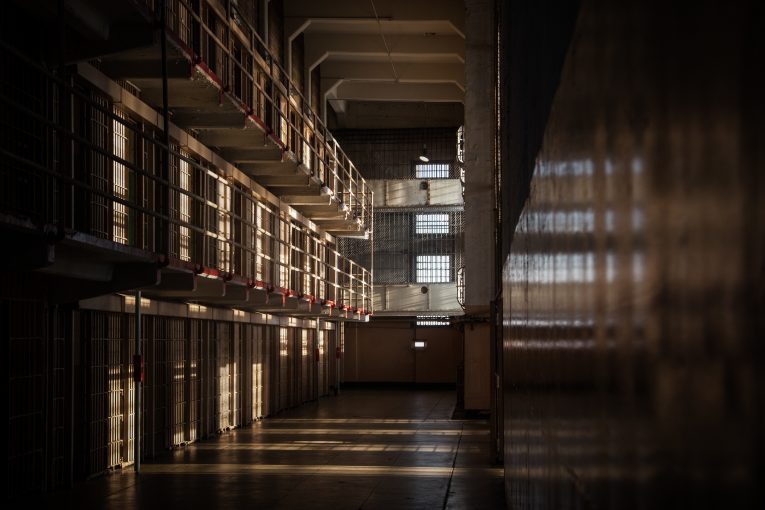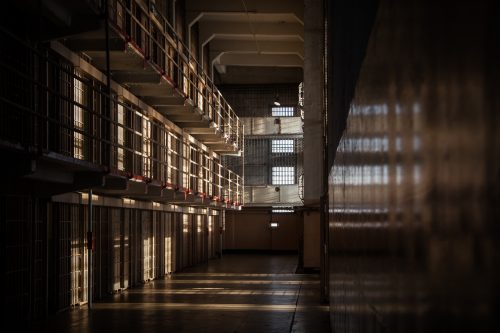

By Kristin Trent, Audrey Sawyer
EASTHAMPTON, MASS – The Prison Policy Initiative has released a report that illustrates how every state in the U.S. is punishing individuals not only with long prison terms, but with lengthy stints on parole and probation.
The alleged alternatives given to mass incarceration are major drivers to the system, said the report, noting 42 percent of prison admissions nationwide are for those violating supervision.
The report investigates the impact of supervision systems that allow lenient sentences like parole, suggesting a deep link between systems of incarceration and parole despite a perceived lesser impact upon prisoners.
The main problem with these systems is the high number of high-stakes yet arbitrary rules that prove unmanageable to uphold during an incarcerated person’s parole sentence, said the PPI report.
The study argues radical reforms to parole and probation are necessary, and even a handful of suggested reforms can possibly quickly impact and shrink the quantity of people under supervision and of those who are incarcerated.
The findings of the report question the validity of community supervision systems as an alternative to incarceration and highlight the potential for these proposed solutions to replicate carceral conditions in the community.
The package from the Prison Policy Initiative and the Katal Center for Equity, Health, and Justice suggests four various options for states such as Connecticut in order to make a state’s parole and probation more fair.
The report emphasizes the ways in which individuals who are on parole or probation see their lives disrupted, such as loss of housing, employment, or broken and strained relationships. A path is laid out from the Prison Policy Initiative in order to help not only those in Connecticut, but in any state.
The first suggestion in the report is to replace automatic incarceration for alleged violations with a written notice to appear in court. Correctional facilities contain people who are simply accused (along with the individuals serving time for supervision violations).
Included in the report are examples that show about one-third have parole reinstated without any wrongdoing. The implementation of a notice to appear before the court would result in about 6,000 less individuals being arrested in the next two years, said the report.
Another PPI suggestion is to reduce incarceration as a crime for technical violations of parole and probation. Connecticut, as an example, as cited by the authors, has a probation system which has up to 17 varying rules on supervisees, so slipping up is very possible.
A third suggestion in the report is to have earned time credit for supervision sentences, noting while nine other states allow individuals on probation or parole to obtain a shorter sentence if presenting good behavior, but Connecticut is not one of them.
Thousands, the report claims, would find themselves off supervision immediately if a time-earned system similar to New York’s were to be adopted.
A fourth suggestion that PPI makes is to bolster due process, explaining that while individuals all have a right to an attorney at parole and probation hearings and the right to a preliminary hearing, many remain unaware of these rights.
Individuals are more likely to remain behind bars or to have their probation or parole revoked when they are unaware of their rights—Connecticut in 2015 had 49 parole revocation hearings, and zero defendants had shown up with state provided counsel, the report adds.
PPI suggests Connecticut (and other states) ought to look at New York, in particular, and specifically to the “Less Is More Act.” Under the act, New York was able to close six state prisons in 2021, partially as a result of lawmakers anticipating a drop in incarceration with fewer individuals being incarcerated for technical violations—nearly 2,000 people on parole who had been arrested for noncriminal technical violations were released from prisons and jails.
PPI adds that in fewer than two years, the implementation of “Less is More” saw the state parole population cut by about 40 percent by allowing individuals on probation who had been abiding by rules to earn time credits that led to their discharge. 




